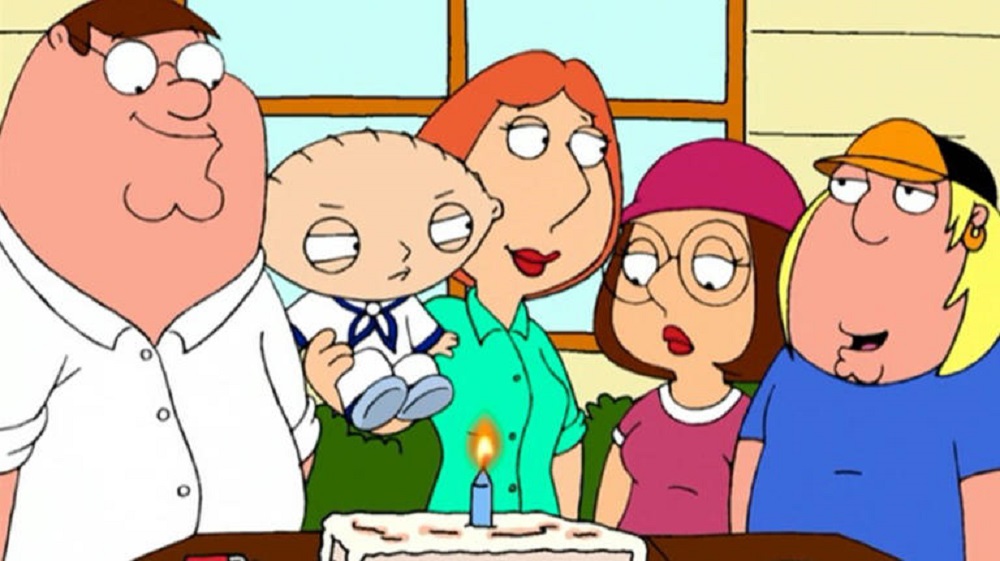
pexels | Some research proves that consuming moderate amounts of coffee can be beneficial to health
Sleep deprivation is becoming all too common in our fast-paced, tech-driven lives. With work deadlines piling up and life moving at breakneck speed, getting enough rest often falls by the wayside. To keep going, many of us turn to caffeine for a quick energy boost, only to find ourselves stuck in a cycle of needing more to function the next day. But here's the thing: sleep is crucial for staying sharp, productive, and healthy, and relying too much on caffeine can throw that all out of whack.

pexels | If you’re just learning to quit caffeine then the withdrawal may leave you tired and slow
Coffee is the go-to pick-me-up for many, especially in the workplace where coffee breaks are the norm and grabbing a cup for the boss is practically a job requirement. While a cup or two of coffee isn't harmful, there aren't clear guidelines on how much is too much. Sure, moderate coffee consumption has its perks. Still, caffeine is sneaky—it's addictive, and before you know it, you're drinking more and more to feel awake. The trouble is, using coffee to power through a lack of sleep is like slapping a band-aid on a more significant issue. Eventually, something's got to give, and it's usually your energy levels.
There's no natural substitute for sleep, and cutting back on caffeine can help you rest better and feel healthier. If quitting coffee feels daunting, start small. Swap out your regular brew for green tea, which has less caffeine and some added health benefits. Or try a warm milk or hot chocolate mug—keep an eye on the sugar. Cutting down on sugar can also help curb those cravings for caffeine.

pexels | Sleep is essential to our growth and development as humans and even to our productivity and mental health
Sure, kicking the caffeine habit might leave you feeling sluggish initially, but your body will thank you for it in the long run. Taking short naps during the day can help you regain that refreshed feeling naturally. Sleep is vital to feeling your best, and cutting back on caffeine is a step in the right direction.





